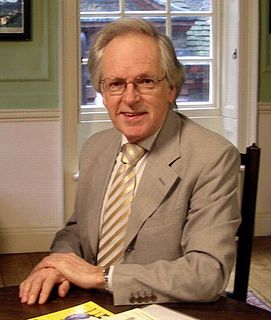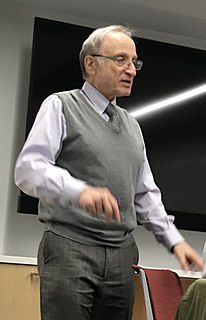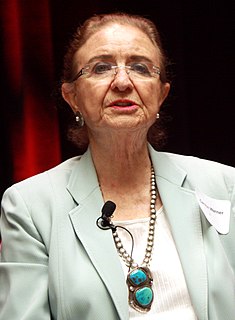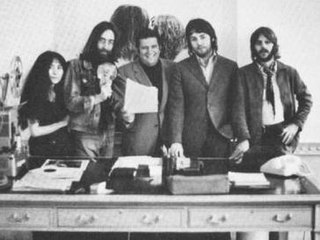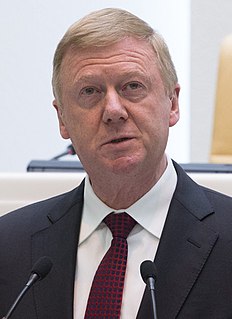A Quote by Mason Cooley
A critic who uses new quotations is making important changes.
Related Quotes
My argument is limited to saying that a major new medium changes the structure of discourse; it does so by encouraging certain uses of the intellect, by favoring certain definitions of intelligence and wisdom, and by demanding a certain kind of content - in a phrase, by creating new forms of truth-telling.
Matthew is the only gospel that uses the Sermon on the Mount, for example, because that's the new Moses making a new interpretation of the law on a new mountain. So then you begin to put all these things together, and I don't know how you can make sense out of that book if you don't know the Jewish background.
The way I make art - the way a lot of people make art - is as an extension of language and communication, where references are incredibly important. It's about making a work that is inspired by something preexisting but changes it to have a new value and meaning that doesn't in any way take away from the original - and, in fact, might provide the original with a second life or a new audience.
I was the first critic ever to win a Tony - for co-authoring 'Elaine Stritch at Liberty.' Criticism is a life without risk; the critic is risking his opinion, the maker is risking his life. It's a humbling thought but important for the critic to keep it in mind - a thought he can only know if he's made something himself.
The human race has reached a turning point. Man has opened the secrets of nature and mastered new powers. If he uses them wisely, he can reach new heights of civilization. If he uses them foolishly, they may destroy him. Man must create the moral and legal framework for the world which will insure that his new powers are used for good and not for evil.




